Introduction
Discover the power of the South African Futures Exchange (SAFEX) in managing raw material risks for maize millers. This blog post delves into how SAFEX operates, its advantages, and real-world examples showcasing its effectiveness in various market scenarios. Moreover, we'll also address the needs of maize millers beyond South Africa or those without access to platforms like SAFEX by outlining alternative risk management strategies to secure a thriving and sustainable business.
Disclaimer: This blog post is intended for informational purposes only and should not be considered as financial or investment advice. We encourage you to do your own research and consult with a professional before making any decisions.
SAFEX: A Brief Overview
SAFEX is a futures exchange where buyers and sellers trade maize contracts. Maize millers can use SAFEX to buy maize contracts at a fixed price for future delivery, reducing the risk of price fluctuations. Raw material prices can be volatile due to weather, supply and demand, and global market conditions, so using SAFEX to lock in a price in advance can help mitigate this risk.
Example 1: Rising Market Conditions
A maize miller in South Africa sources all their maize from local farmers in the Free State province. In January, they purchase 10,000 tonnes of maize futures contracts for delivery in May at a fixed price of R3,500 per tonne through SAFEX, locking in a price for their raw materials.
In March, due to drought conditions, the spot price for maize increases to R4,000 per tonne. However, because the maize miller has already locked in a price for their raw materials through SAFEX, they are able to purchase 10,000 tonnes of maize at the fixed price of R3,500 per tonne, saving R5 million compared to the spot price.
Example 2: Falling Market Conditions
In an alternative scenario, favourable weather conditions in March lead to an abundant maize harvest, causing the spot price for maize to decrease to R3,000 per tonne. Since the maize miller has already locked in a price of R3,500 per tonne through SAFEX, they must still pay the higher rate despite the lower spot price.
 Risk Management Strategies
Risk Management Strategies
To manage their risk in both rising and falling market conditions, the maize miller can employ various strategies:
- Diversify procurement: Stagger purchases of maize futures contracts over time, securing contracts at different prices to average out the cost of raw materials and reduce the risk of unfavourable price fluctuations.
- Options contracts: Consider purchasing options contracts, which give the right, but not the obligation, to buy maize at a specific price. If the spot price moves in an unfavourable direction, the miller can choose not to exercise the option and instead buy at the more favourable spot price.
- Market monitoring: Regularly monitor the maize market and stay informed about factors affecting supply and demand, such as weather and geopolitical events, to anticipate price movements and make informed decisions about purchasing contracts.
By employing these risk management strategies and using SAFEX as a tool, maize millers can navigate both rising and falling market conditions and reduce their raw material risk. These approaches help ensure the long-term sustainability of their businesses, regardless of market volatility.
Question: "Why might a maize miller choose a futures contract over an options contract, even though options contracts seem to carry lower risk?"
Both futures contracts and options contracts have their advantages and disadvantages, depending on the specific circumstances and risk management objectives of the maize miller. While options contracts might appear to be lower risk, they come with their own set of trade-offs.
Reasons to choose futures contracts over options contracts:
- Cost: Futures contracts typically have lower transaction costs compared to options contracts. Options require the buyer to pay a premium for the right to exercise the option, while futures contracts do not have such premiums. The premium paid for an option can be significant and may not be worth it if the miller is confident about the market direction.
- Obligation and certainty: A futures contract obligates both parties to fulfill the terms of the contract, whereas an options contract only obligates the seller. This means that with a futures contract, the maize miller has the certainty of the transaction taking place at the specified price and date, which can be valuable in planning and budgeting.
- Liquidity: Futures contracts often have higher liquidity than options contracts, making it easier for buyers and sellers to enter and exit positions. Higher liquidity can result in tighter bid-ask spreads, leading to more favourable execution prices.
- Hedging effectiveness: In some cases, futures contracts can provide a more precise hedge than options contracts, as futures positions can be more easily adjusted to match the exact exposure of the underlying asset.
While options contracts can indeed offer lower risk, as they give the buyer the right but not the obligation to buy the underlying asset, this protection comes at a cost. The premium paid for the option may erode the potential benefits of the contract, especially if the market doesn't move in the anticipated direction.
Ultimately, the choice between futures and options contracts depends on the specific risk management objectives and market outlook of the maize miller. Each instrument has its merits, and it's important for the miller to carefully consider their options and consult with a professional before making a decision.
 Question: "What risk management strategies can a maize miller follow if they don't have access to platforms like SAFEX?"
Question: "What risk management strategies can a maize miller follow if they don't have access to platforms like SAFEX?"
If a maize miller is located in a region without access to platforms like SAFEX, they can still adopt various risk management strategies to protect their business from price fluctuations and other uncertainties:
- Diversify suppliers: Sourcing raw materials from multiple suppliers or regions can reduce the risk of supply chain disruptions and price volatility. By diversifying suppliers, the miller can minimize the impact of localized events, such as weather-related crop failures or political instability.
- Long-term contracts: Negotiating long-term contracts with suppliers can help the maize miller secure a stable price for raw materials over an extended period. These contracts can provide a buffer against short-term market fluctuations and offer more predictability for budgeting and planning.
- Monitor global markets: Stay informed about global maize market trends and factors that can influence supply and demand, such as weather patterns, geopolitical events, and policy changes. This knowledge can help the maize miller make informed decisions about procurement and anticipate potential price movements.
- Inventory management: Efficient inventory management can help mitigate the impact of raw material price fluctuations. The maize miller can maintain a safety stock to protect against supply disruptions, and strategically adjust inventory levels based on market conditions.
- Price risk sharing agreements: The miller can establish price risk sharing agreements with suppliers or customers, where they agree to share the burden of price fluctuations. This can help stabilize costs and provide some protection against adverse price movements.
- Access global risk management tools: While the miller may not have access to a local platform like SAFEX, they can still explore the possibility of utilizing global risk management tools, such as futures and options contracts offered by international exchanges like the Chicago Board of Trade (CBOT) or other regional exchanges that trade agricultural commodities.
By implementing these strategies, maize millers without access to platforms like SAFEX can still manage their raw material risk and ensure the long-term sustainability of their businesses. It's essential to carefully consider the available options and consult with professionals before making any risk management decisions.

|
Guest author: Thys Claassens, Everest Options Trading |

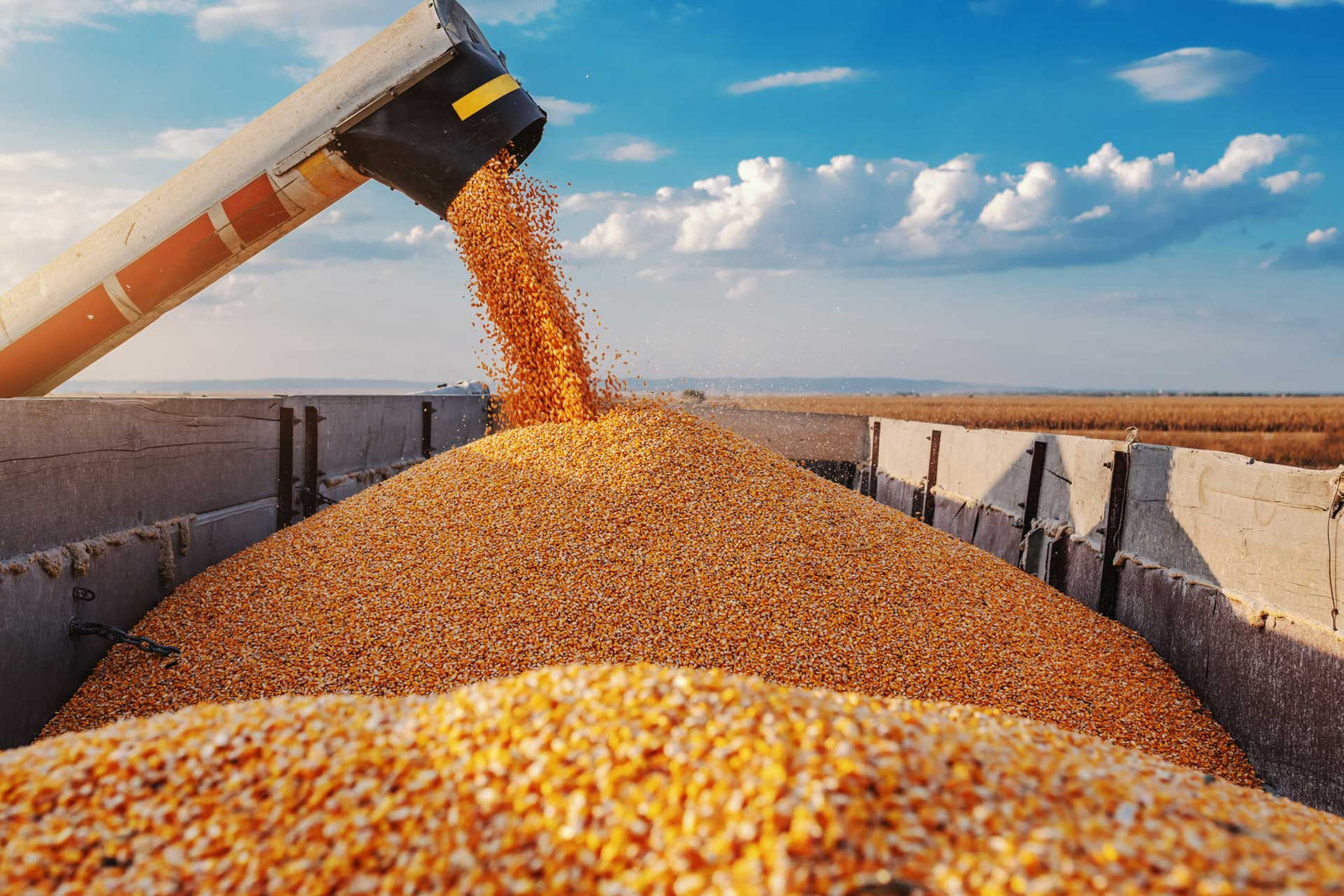
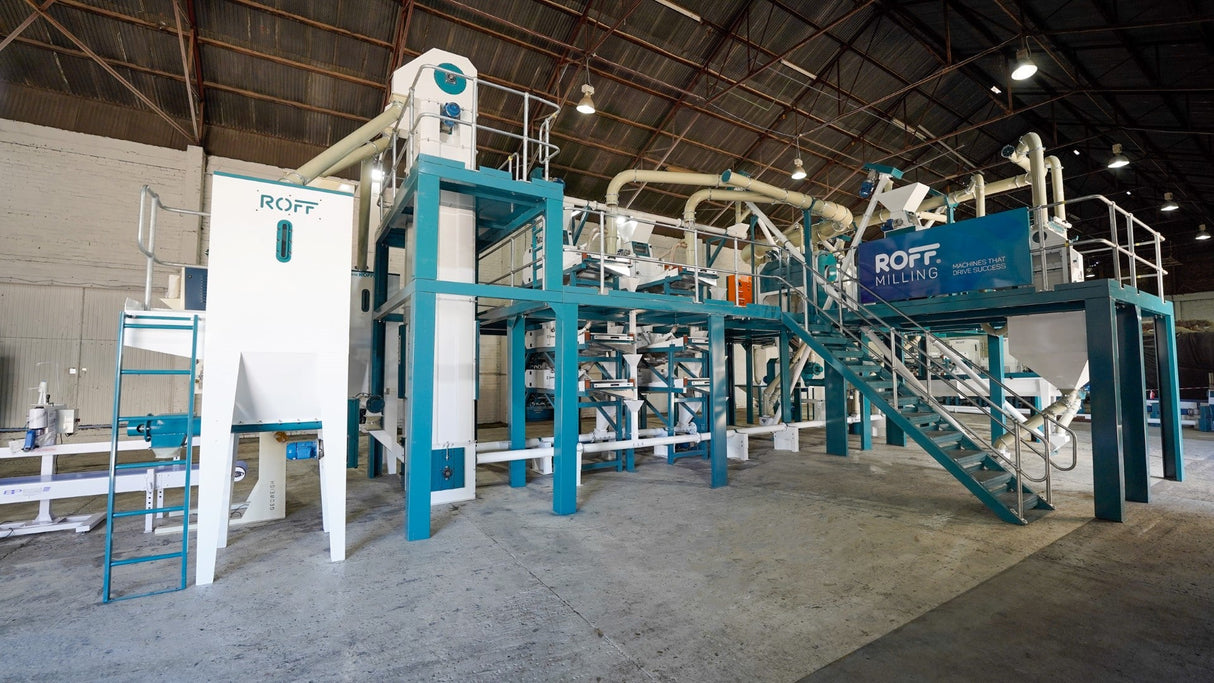
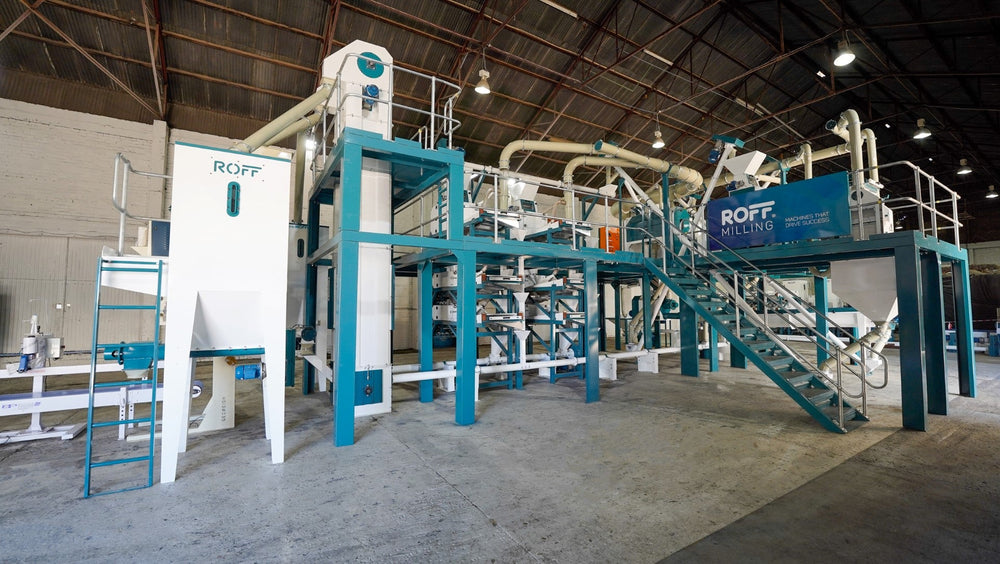
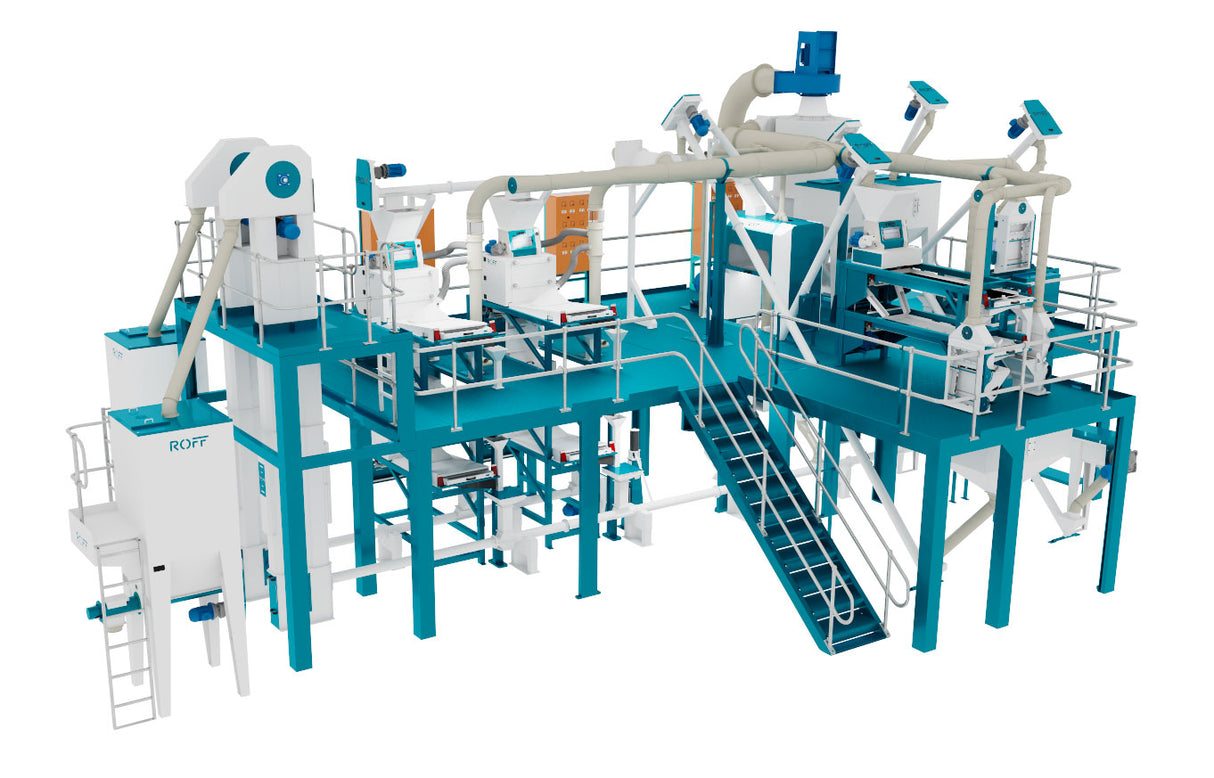
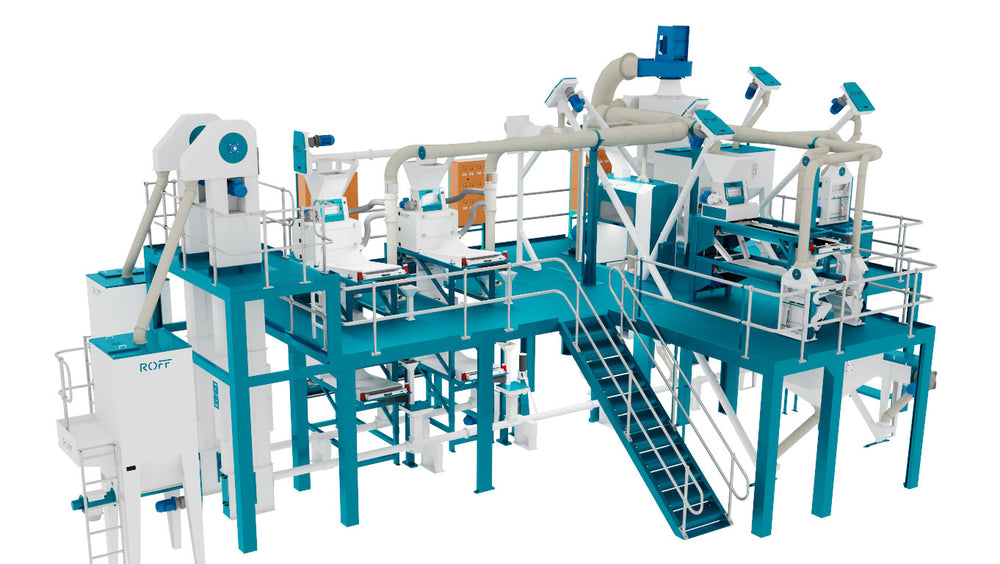
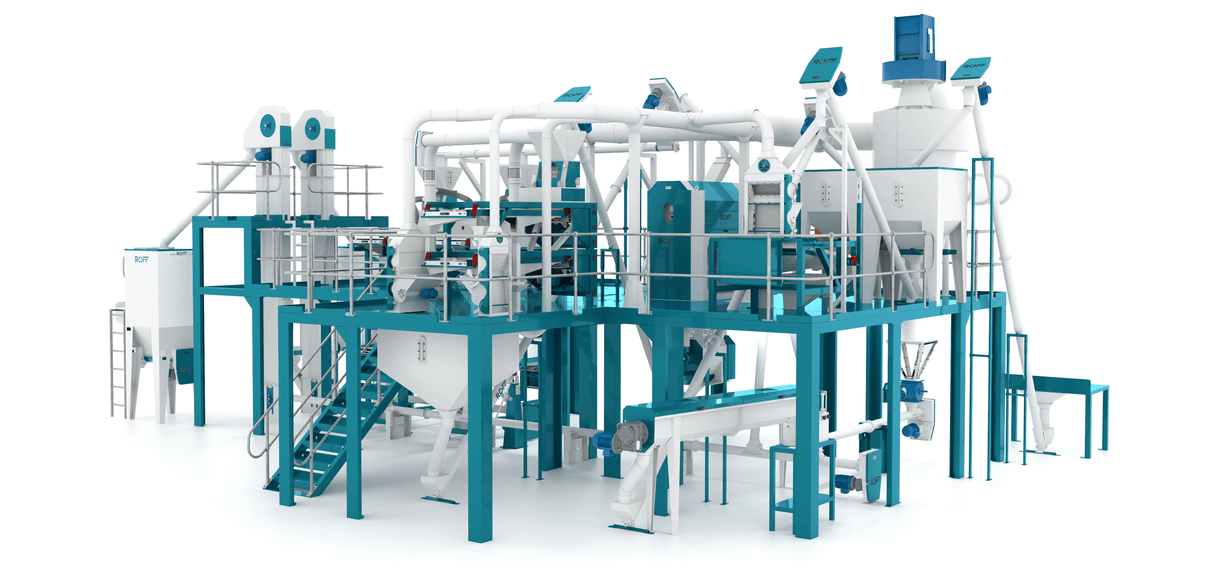
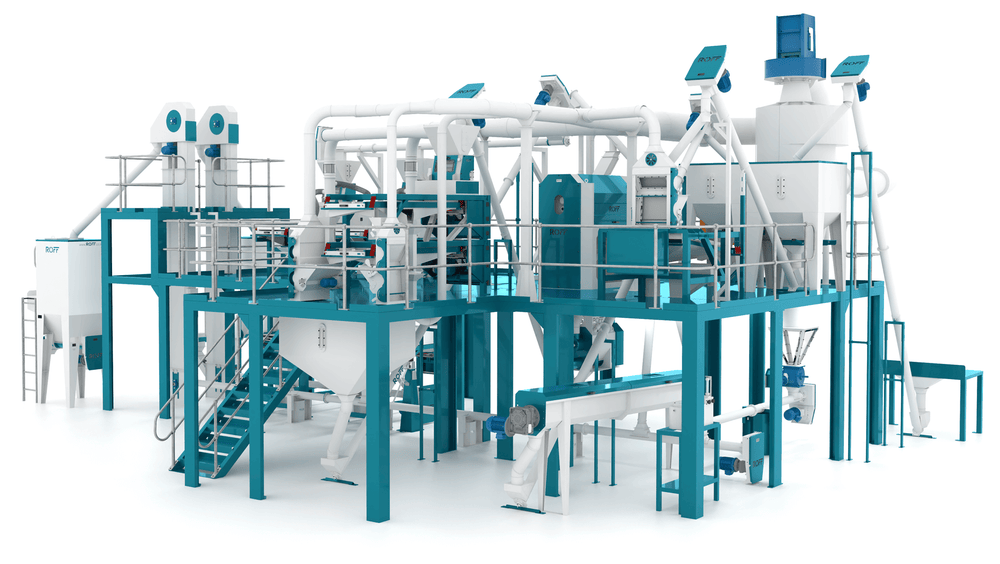

1 comment
Educative & much appreciated.
———
Roff Milling replied:
Thank you Jonathan.